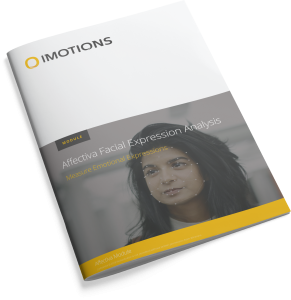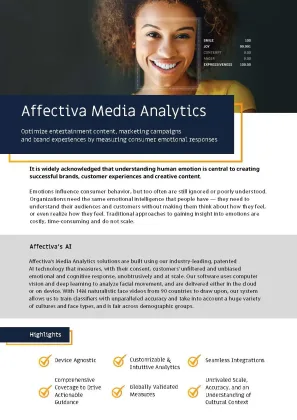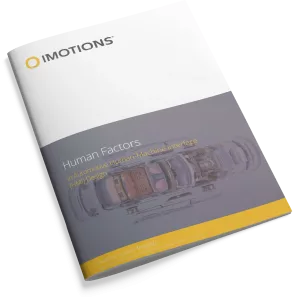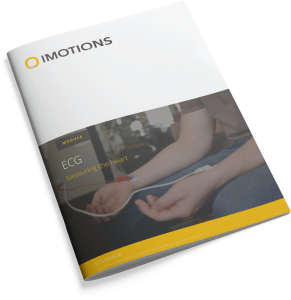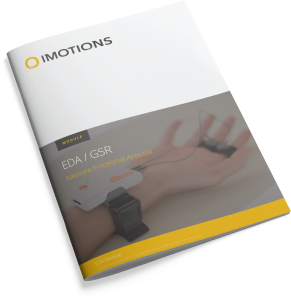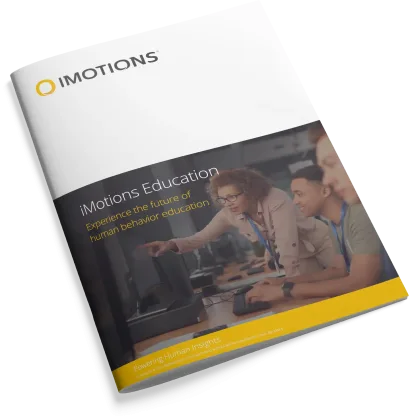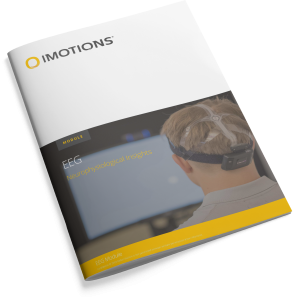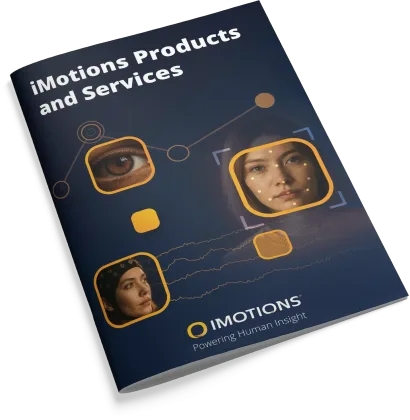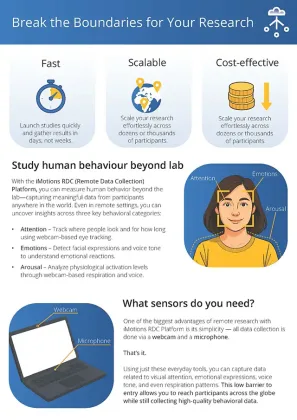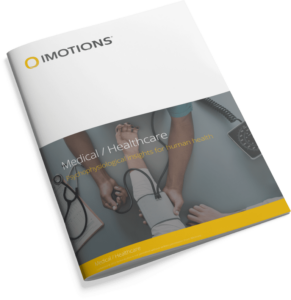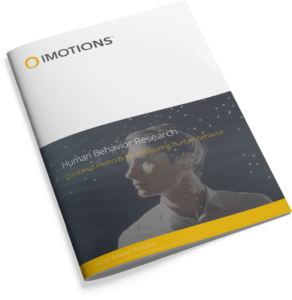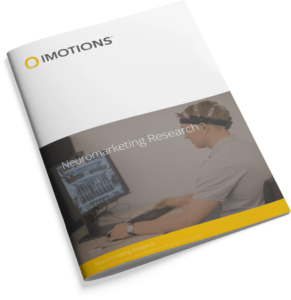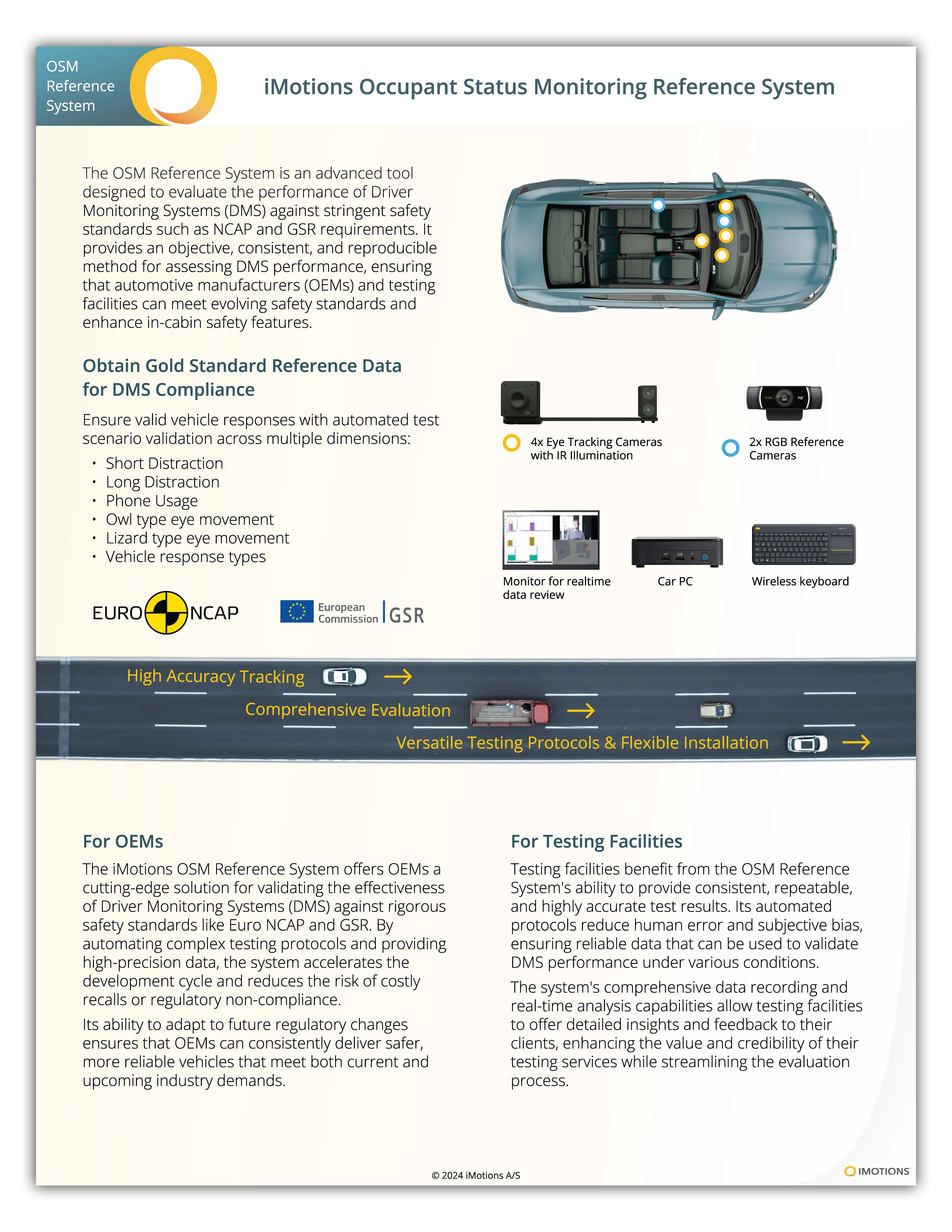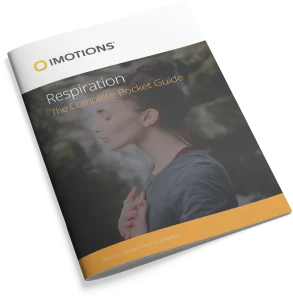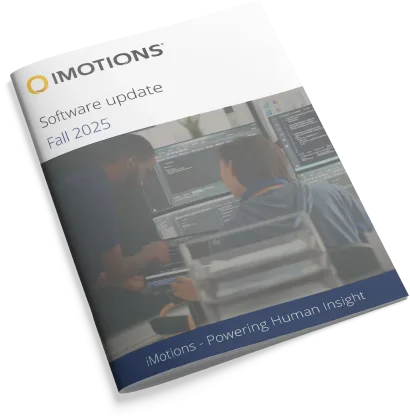Objective: This study extends previous research by exploring the association between mood states (i.e., positive and negative affect) and fixation in practicing anesthetists using a realistic medical simulation.
Background: The impact of practitioner emotional states on fixation is a neglected area of research. Emerging evidence is demonstrating the role of positive affect in facilitating problem solving and innovation, with demonstrated implications for practitioner fixation.
Method: Twelve practicing anesthetists (4 females; Mage= 39 years; SD = 6.71) were involved in a medical simulation. Prior to the simulation, practitioners rated the frequency they had experienced various positive and negative emotions in the previous three days. During the simulation, the patient deteriorated rapidly, and anesthetists were observed for their degree of fixation. After the simulation, practitioners indicated the frequency of these same emotions during the simulation.
Results: Nonparametric correlations were used to explore the independent relationships between positive and negative affect and the behavioral measures. Only positive affect impacted the likelihood of fixation. Anesthetists who reported more frequent recent positive affect in the three days prior to the simulation and during the simulation tended to be less fixated as judged by independent raters, identified a decline in patient oxygen saturation more quickly, and more rapidly implemented the necessary intervention (surgical cricothyroidotomy).
Conclusion: These findings have some real-world implications for positive affect in patient safety.
Application: This research has broad implications for professions where fixation may impair practice. This research suggests that professional training should teach practitioners to identify their emotions and understand the role of these emotions in fixation.
Keywords: anesthesiology and perioperative care; cognition; patient safety; simulation; skilled performance.



